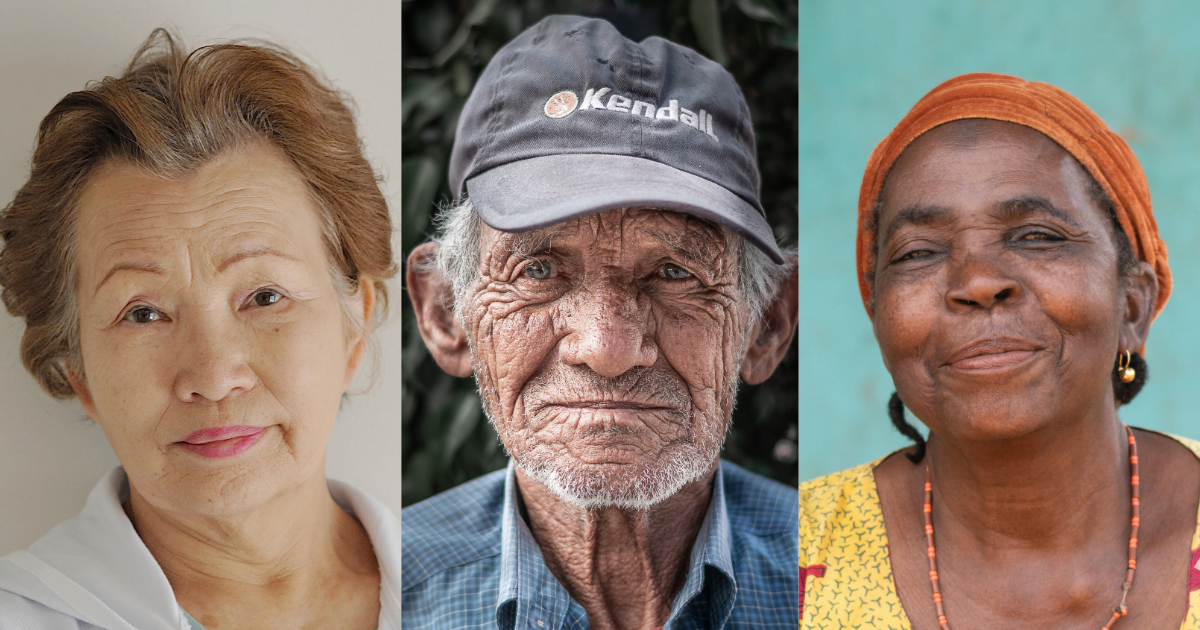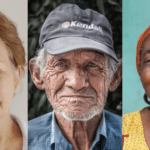
As we explore elder care innovations from leading nations, it’s evident that the United States has much to learn and improve upon. We pride ourselves on being the original melting pot, a country that values community and care. It’s time to return to these roots by prioritizing the well-being of our aging population.
There’s a lot we can learn from countries like Japan, the Netherlands, Sweden, Denmark, and Italy. These nations have found creative and compassionate ways to care for their elders, whether through technology, community-based support, or strong family involvement. By studying their successes, we can adopt strategies that ensure our seniors receive the respect and care they deserve.
Japan: Embracing Technology and Respecting Elders

Japan excels in elder care through innovative technology, comprehensive healthcare policies, and deep cultural respect for the elderly. The country’s robust long-term care insurance system ensures that all citizens over 65 have access to essential services. Advanced technologies like robotic assistants and smart home devices, including Paro—a therapeutic baby seal robot—enhance quality of life by providing emotional support and reducing stress. Multi-generational households are common,with families receiving training in caregiving and working closely with doctors to create personalized care plans. Regular home visits by healthcare professionals and a strong emphasis on community-based care foster social connections and prevent isolation. This commitment reflects Japan’s profound cultural respect for its elderly population, honoring their contributions while addressing their practical needs.
The Netherlands: Innovative Dementia Care Through Dementia Villages

In the Netherlands, doctors and dementia specialists collaborate with families to create personalized care plans and educate them on dementia care techniques. Support groups and respite care services assist families with the demands of caregiving. Dementia villages like offer safe, stimulating environments where residents can live normal lives, maintaining autonomy and dignity. The country is known for its innovative elder care approaches, such as small-scale living arrangements that promote community and a home-like atmosphere. The Dutch government provides substantial support for elder care, including subsidies and insurance coverage for long-term care services. The healthcare system emphasizes integrated and preventive care, with regular screenings and early intervention programs.
Sweden: Comprehensive Public Health Services

In Sweden, families are encouraged to actively participate in care planning and decision-making processes for their elderly relatives. Healthcare providers often train family members to perform specific medical tasks, such as administering medications or managing chronic conditions. The government supports families by providing financial assistance and resources for home-based elder care. Swedish doctors conduct regular health check-ups and implement preventive care measures to ensure the well-being of the elderly. The country’s extensive public health services promote independence through comprehensive home care programs, while specialized senior apartments with communal areas foster social interaction and reduce isolation.
Denmark: Person-Centered Care

In Denmark, families are integral partners in caregiving. Healthcare providers collaborate with families to develop tailored care plans based on each senior’s unique needs. Family members receive training to assist with daily living activities and manage medical conditions, along with necessary resources and support. Doctors provide house calls and telemedicine services for continuous care, ensuring ongoing professional support. Families are also involved in decision-making processes, ensuring that care plans reflect the personal circumstances and desires of each senior.
Italy: Strong Family Ties and Holistic Health Approaches

In Italy, elderly parents often live with their children, receiving support within the family unit. Family members provide daily assistance with personal care, household chores, and meal preparation. Italian families are educated on preventive health care and the importance of maintaining a healthy lifestyle. Regular home visits by family doctors ensure personalized care. Additionally, community-based social services complement family care by offering extra support and resources. A key aspect of elder care in Italy is the emphasis on diet and nutrition. The Mediterranean diet, rich in fruits, vegetables, whole grains, and healthy fats, is promoted to maintain health and well-being among the elderly, helping to prevent chronic diseases and enhance overall quality of life.
Conclusion
It’s easy to dismiss the successes of smaller countries by attributing them to their smaller senior populations. However, the United States is often portrayed as the nation with the most abundant resources. Shouldn’t we leverage these resources to care for our most vulnerable populations—the elderly and the young? Perhaps our government could better allocate our taxpayer dollars to improve healthcare services and infrastructure. As individuals, maybe we don’t need that third car or other luxuries when those funds could be better spent ensuring the health and happiness of our seniors.
We must prioritize home care and regular home visits as a foundational aspect of elder care. When facility care is necessary, creating smaller, more homelike environments can greatly enhance the quality of life for our seniors. By adopting and adapting the best practices from countries like Japan, the Netherlands, Sweden, Denmark, and Italy, we can create a more supportive and compassionate environment for our aging population. It’s not just about having resources; it’s about using them wisely and compassionately. Let’s commit to doing better for our elderly, honoring their contributions, and providing them with the care and respect they deserve.







